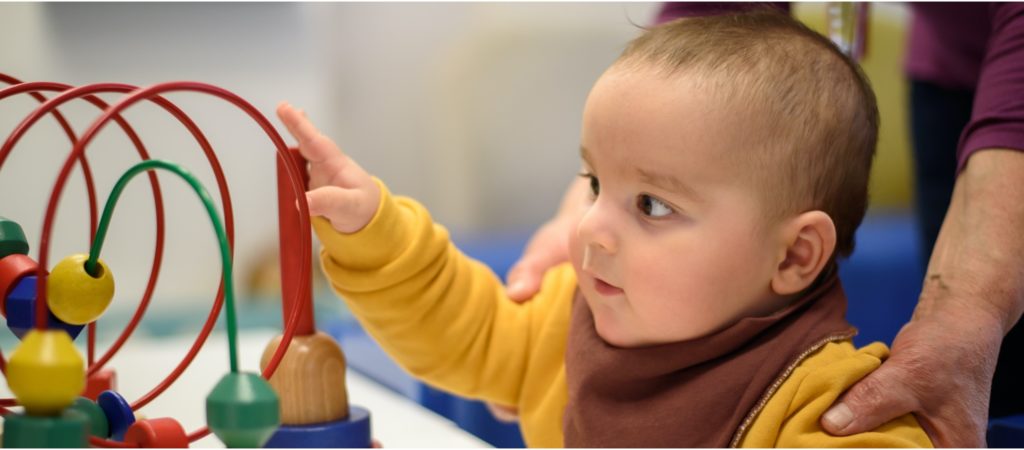Helping to put you and your child at ease in advance of your visit.

We want to do everything possible to put your child — and you — at ease before surgery. At ECU Health SurgiCenter, we take extra steps to help children prepare for surgery. While you’re here, your child can relax and play in a specially designed pediatric play area.
We encourage you to review the guidelines for your child’s surgery carefully. If certain instructions are overlooked, it may be necessary to reschedule the procedure for safety reasons. If you have any questions along the way, please call us at 252-847-7700. We’re here to help.
A Step-by-Step Guide to Help Prepare Your Child for Surgery

Step 1: Make a Plan for Surgery Day
Plan to be at SurgiCenter for the duration of your child’s procedure. Children under 18 must have a parent or legal guardian present at all times. If you’re a legal guardian, we’ll ask for documentation of guardianship on or before the day of surgery. If you have a young child, pack a bag with extra diapers, a change of clothes, favorite toys or blankets, and a bottle of formula or juice.
Step 2: Tell Us About Health Issues and Medications
To ensure your child’s safety, we need to know about your child’s health issues and medications. Please tell us if your child becomes sick in the days leading up to surgery, as we may need to reschedule surgery as a protective measure.
Please bring your child’s regular medications and tell us about any allergies. On the day of surgery, don’t give your child any medications, including insulin, unless you’ve been advised to do so by your doctor. If your child takes heart, blood pressure or seizure medicines, talk to your doctor about which medicines may be given.
Step 3: Limit Food and Drink Before Surgery
For their protection, your child should not eat anything after midnight the night before surgery — including mints, gum and candy. However, your child can have clear liquids — liquids you can see through (Pedialyte, ginger ale or water) — up to two hours before your arrival time. Infants may have formula up to five hours before arrival time or breast milk up to three hours before arrival time.
Step 4: Get Ready for Surgery Day
To protect your child against infection, bathe your child well before coming to the SurgiCenter. If surgical soap is recommended, follow instructions provided by your health care team. You may use lotion on your child’s face but not on their body.
On the day of surgery, dress your child in warm, loose, comfortable clothing. Think about clothing that will be easy to put on after surgery (e.g., a button-up shirt for arm surgery or loose-fitting pants for foot surgery). Also, be sure to remove nail polish, jewelry, piercings and metal hair accessories.
Be sure to tell us if your child wears a hearing aid, contact lenses or eyeglasses. If so, be sure to pack containers for these items and bring them with you to the SurgiCenter.
What to expect in the recovery room
Every child is different, but here are a few tips on seeing your child for the first time after surgery:
- About 13 percent of children wake up from anesthesia with emergence delirium — a state of consciousness wherein the child may be inconsolable, irritable, uncompromising or uncooperative. While this is stressful and alarming for parents, it’s a normal and well-documented reaction in children after surgery.
- If your child shows signs of emergence delirium, stay calm. The effects of anesthesia will wear off soon. In the meantime, try to help your child relax. Keep your voice calm and soothing. Dim the lights. Offer your child a favorite toy or blanket.
- If these steps don’t seem to help, talk to your nurse. There are medications that can help a child relax until the phase is over.